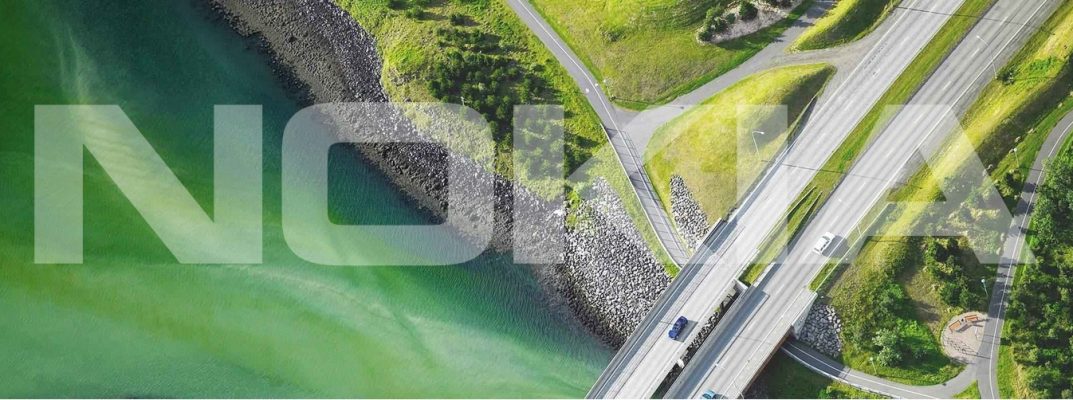Espoo, Finland – Nokia and Polish service provider Netia have conducted the first field trial of Photonic Service Engine 3 (PSE-3) super coherent technology over a live production network. Netia’s state-of-the-art Wavelength division multiplexing (WDM) backbone based on the Nokia 1830 Photonic Service Switch (PSS) with flex-grid technology enables a seamless upgrade to high baud-rate wavelengths, allowing the carrier to more than double supported data rates for links of any distance. Deployment of the Nokia PSE-3 powered line cards will significantly improve fiber capacity while lowering costs and simplifying operations.
As the largest alternative network operator in Poland with over 50,000 kilometers of fiber connecting more than 80 percent of the A and B class office buildings throughout Poland, Netia is experiencing tremendous growth in demand for both consumer offerings and MEF-certified business services.
In the trial, wavelengths driven by the Nokia PSE-3 and operating at 62-68 Gbaud traversed Netia’s flex-grid infrastructure in 75GHz channels. Network paths currently supporting 100G and 200G wavelengths were shown to support of greater than 300G and 500G respectively, more than doubling network capacity.
The Nokia PSE-3 is the first DSP to implement probabilistic constellation shaping, or PCS, a sophisticated signal processing technique pioneered by Nokia Bell Labs which finely adjusts the optical signal to maximize the data-carrying capacity of Dense Wavelength Division Multiplexing (DWDM) optical wavelengths over any distance.
Grzegorz Bartler, member of the board and CTO at Netia, said: “Netia continues to invest in our infrastructure to ensure our customers benefit from the most technologically advanced network in Poland. The results of this field trial mean that our backbone network, originally designed for a total capacity of 8.8 terabits-per-second, now has a proven roadmap to 29 Tbps, ensuring we can continue to keep up with the rapid growth of our business and consumer services.”
Nicolas Almendro, head of Europe and Middle East Africa Optics Business Development at Nokia, said: “This important trial is illustrative of the strong partnership that Nokia and Netia have developed over many years. We’re excited that Netia could be the first carrier to trial the PSE-3 over a live network, and to prove that their network is prepared for the next wave of capacity growth.”



















